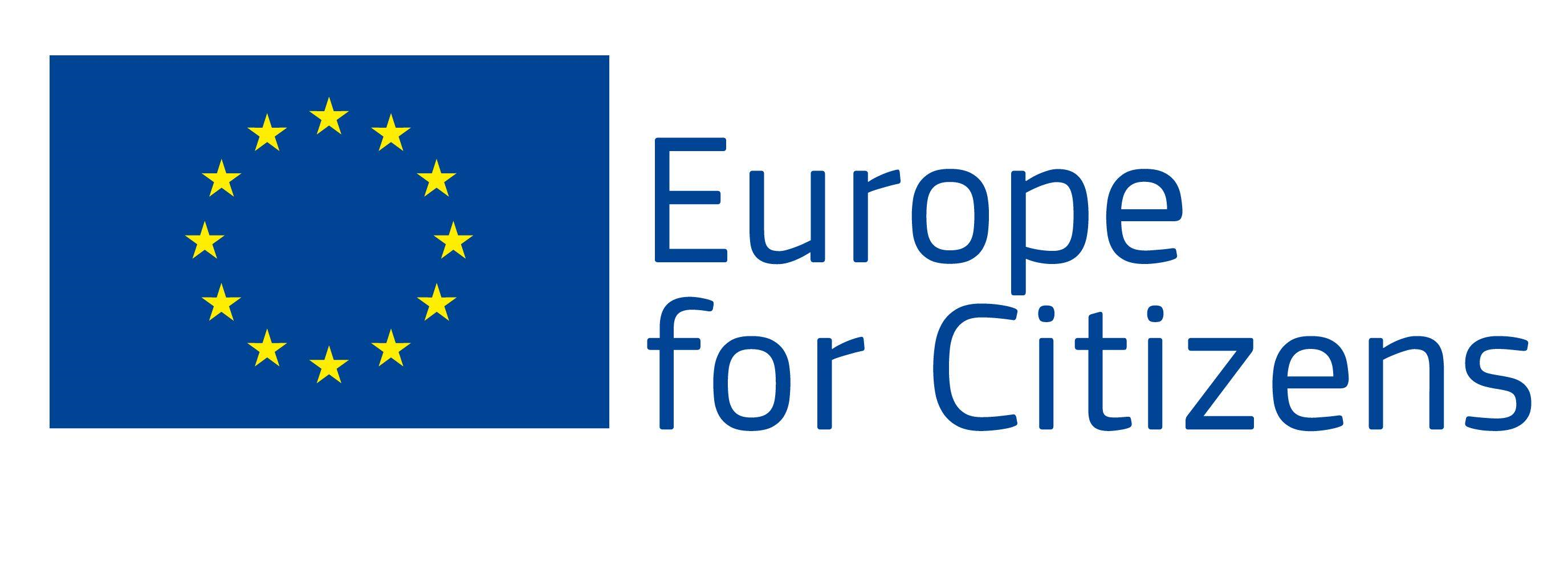

Europe for Citizens

The project WIR covers the most important and challenging theme that nowadays the European Union and its members are facing: the migration phenomenon and the welcoming and integration of refugees. A large partnership composed of 7 European countries (SE, IT, LV, DE, ES, AT, FI) with 6 public authorities, 2 associations and one University will implement a project activities plan with 9 events organised with different work methodologies in two year time and with a total of around 320 direct participants among political representatives, civil servants and NGOs and volunteering associations members (target groups).
In order to eliminate stereotypes and misguided narratives about refugees, it is vital to understand the policies and strategy developed by the EU and the welcoming and integrating procedures implemented in the differentmember states.
To reach the project objectives, a set of actions will be displayed and implemented in 9 project events in two years with different methodologies: conferences, work groups, focus groups, workshops and study visits.
The Work Programme consists of 3 different types of event/activity which are functional to the achievement of project objectives and impact:
– 3 coordination meetings
– 2 transational meetings
– 4 focus groups on 4 themes
The expected impact of the project will be on three main target groups:
Political Representatives
Civil Servants working with the integration of refugees, migrants and asylum seekers
Civil Society

Our objective is to increase cooperation among the
members of the network, between Italy and Sweden
and, more in general, the North and South of
the European Union.
Stradone Martiri della Libertà, 15 – 43123 Parma (PR) – Italy | C.F.: 91251370374
Tel: +393483892600 – Website: www.sern.eu – Email: secretariat@sern.eu – PEC: secretariat@pec.sern.eu
© 2024 | All rights reserved | Privacy Policy | Cookie Policy